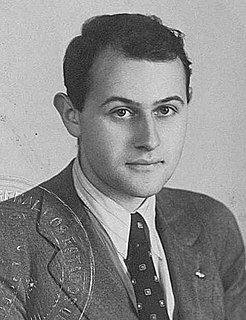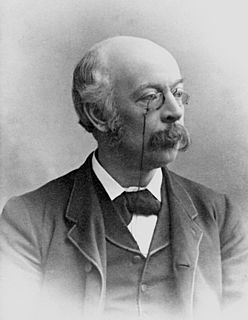A Quote by Thomas Keller
This is the great challenge: to maintain passion for the everyday routine and the endlessly repeated act, to derive deep gratification from the mundane.
Related Quotes
Love is not feeling, child, nor even the passion of lovers, which always seeks only its own gratification. It is the act of caring, of giving, the act of protecting the weak, the helpless, the imprisoned and the desperate. Love is the hand raised in defence. You cannot love and keep your hands clean.
Why should we desire the destruction of human passions? Take passions from human beings and what is left? The great object should be not to destroy passions, but to make them obedient to the intellect. To indulge passion to the utmost is one form of intemperance - to destroy passion is another. The reasonable gratification of passion under the domination of the intellect is true wisdom and perfect virtue.








































